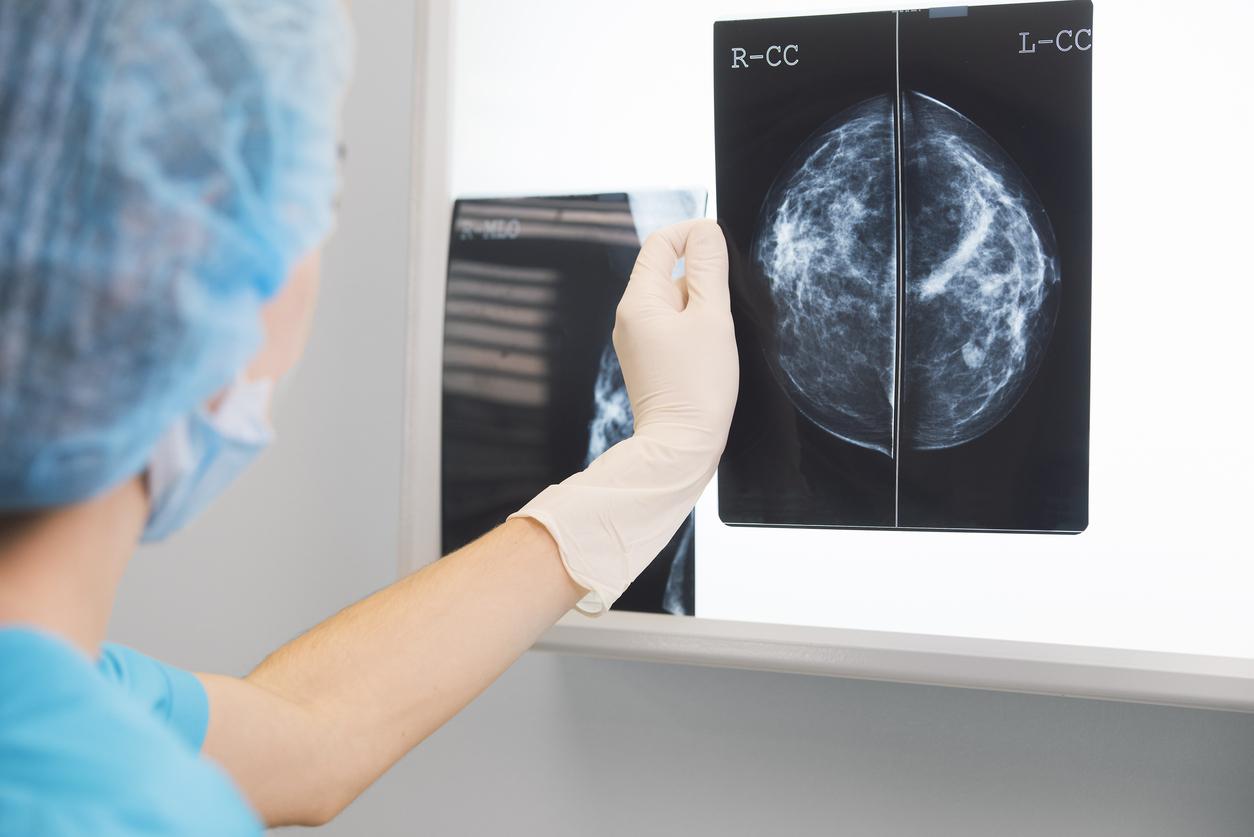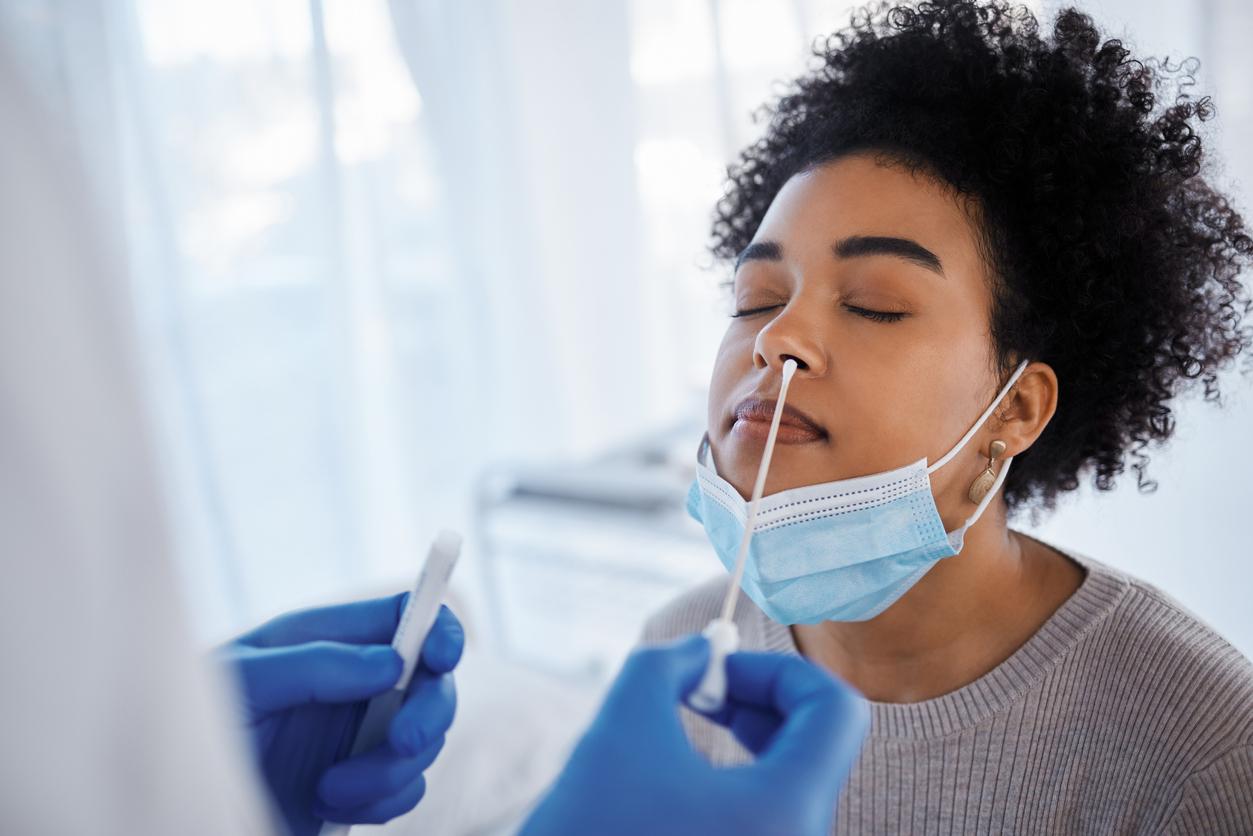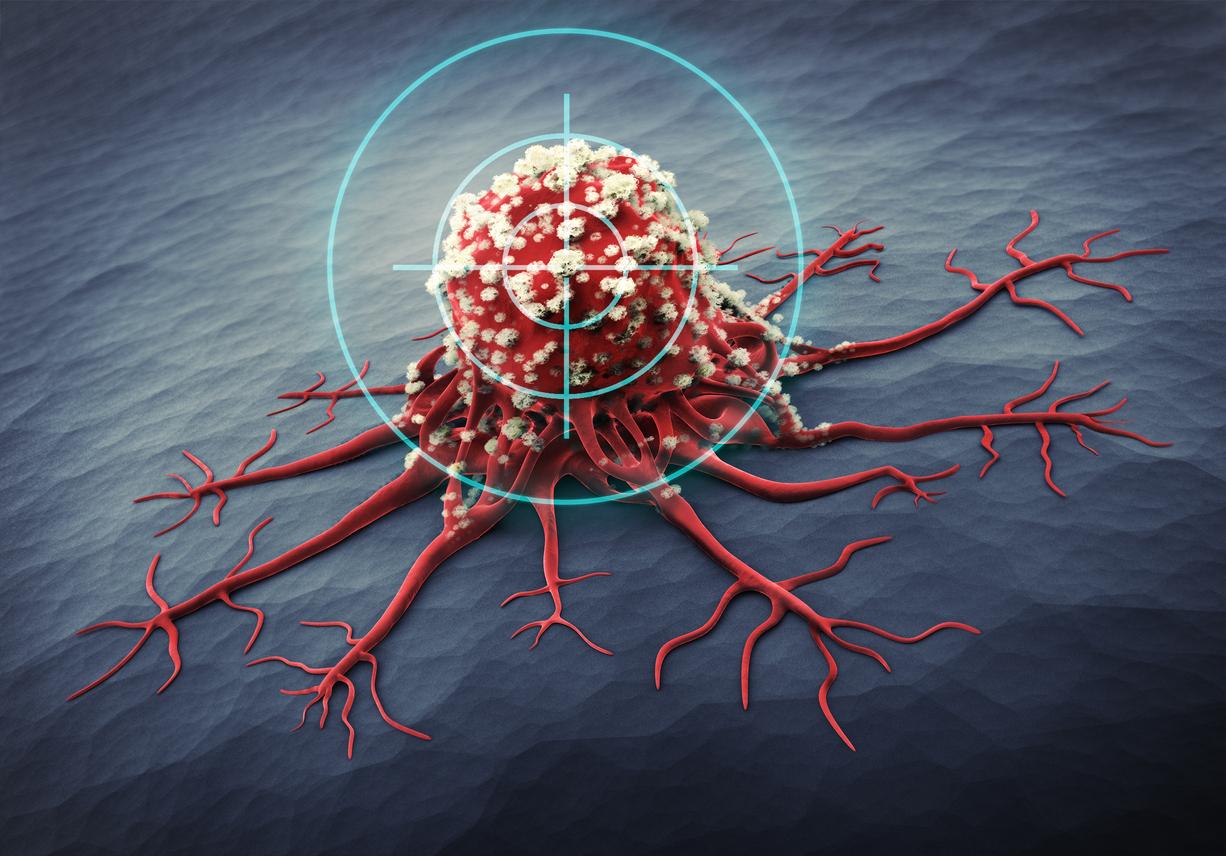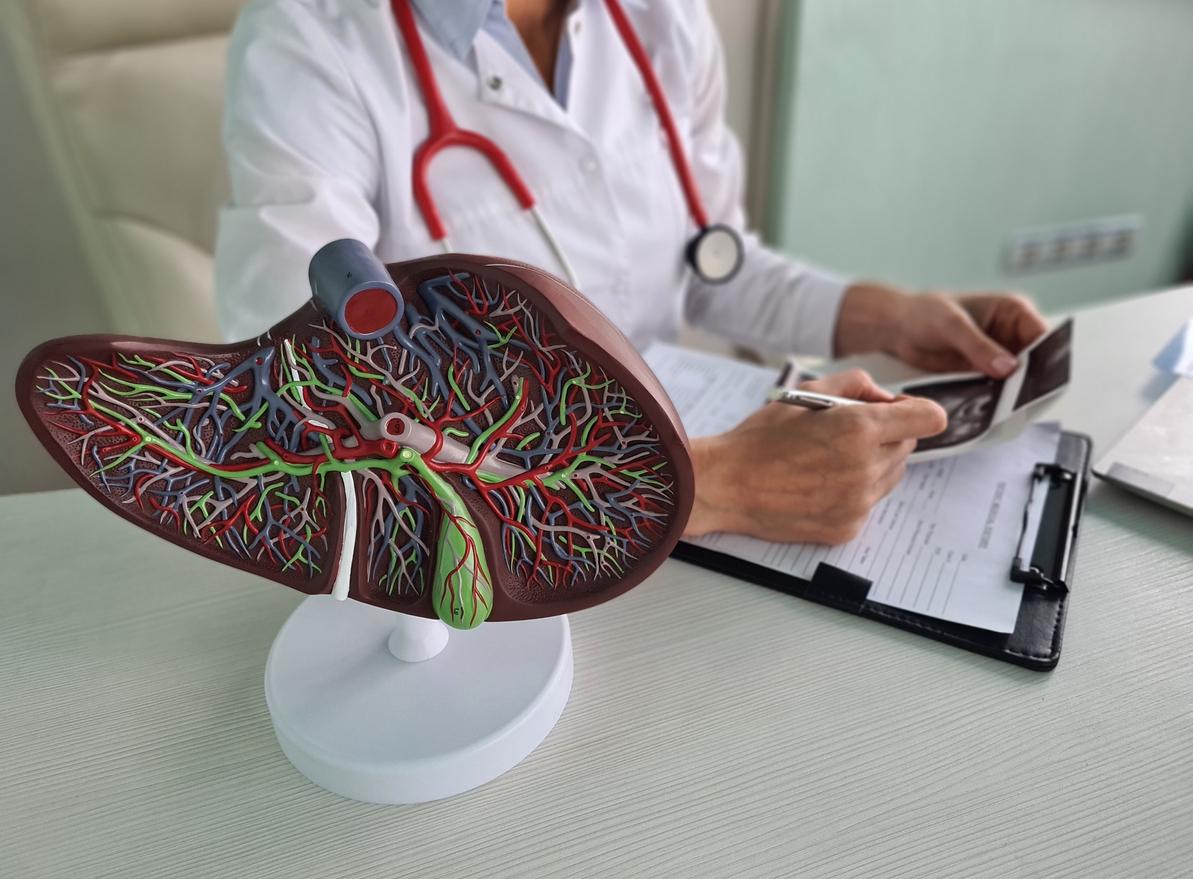We keep repeating it: bacteria are showing up more and more antibiotic resistant . “It is estimated that 25,000 deaths each year are associated with multidrug resistance to antibiotics in Europe. We must therefore curb this new resistance as much as possible, ”explains Dr Patrice Nordmann’s team at Inserm.
These Inserm researchers have therefore worked on the development of rapid diagnostic tests which allow this resistance to be rapidly assessed and the most suitable treatment for the patient to be given without delay. Published in journals professional, their work made it possible to develop two different screening tests which allow, in less than 2 hours, to identify certain bacteria that resist antibiotics, among the most frequent.
Antibiotic resistance: 2 ultra-rapid tests
To fight bacterial resistance to antibiotics, Inserm researchers have developed a rapid detection system for the two enzymes responsible for resistance to two very common classes of antibiotics: broad-spectrum cephalosporins and carbapenems. In these tests, the presence of an enzyme indicates the presence of a resistant bacteria.
At present, these tests can be carried out using bacteria isolated in the urine during a declared infection or using bacteria present in the stool. The result is obtained in less than 2 hours instead of 24 to 72 hours currently with existing techniques.
Still under evaluation, these tests could be marketed within 12 to 16 months. “They will allow, in a simple and inexpensive way (less than 4-5 euros) a very rapid detection of the most important resistance to antibiotics currently in human medicine and will help to limit their international distribution” adds Dr Nordmann.

















